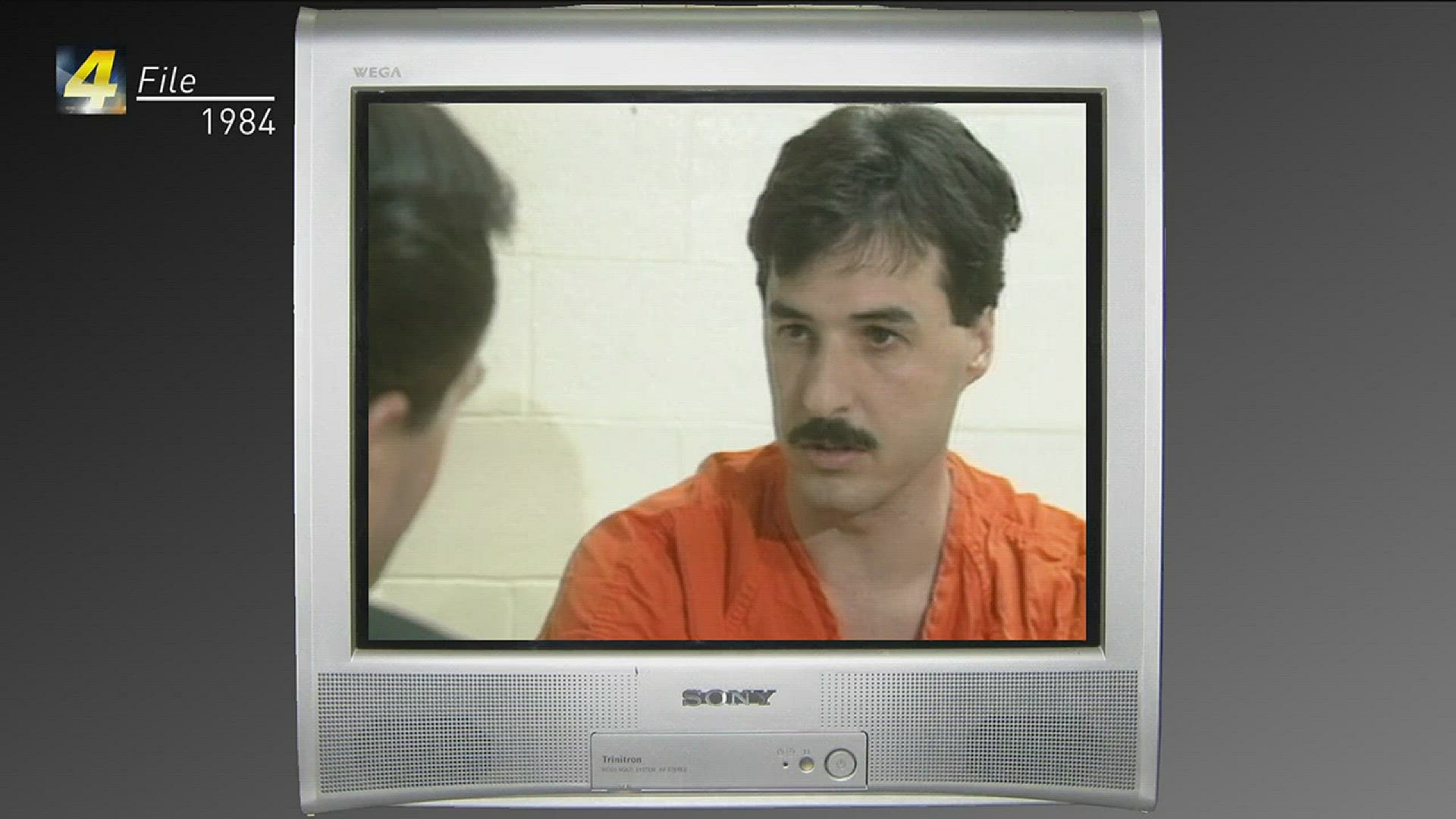The inmate editor of the award-winning magazine produced at Angola, convicted of murder in the 1984 beating of his wife inside their Harvey home, has been ordered freed from prison by Gov. John Bel Edwards, officials said Thursday.
Kerry Myers' conviction in 1990 resulted in a mandatory life sentence, but the Louisiana Board of Pardons twice recommended that his punishment be commuted to 30 years: once in 2013, under former Gov. Bobby Jindal, and again in October under Edwards.
Jindal took no action on the recommendation. But Edwards' staff said the governor endorsed the board's recommendation on Tuesday.
"The decision was based on (Myers') conduct, a substantial portion of his sentence being served and the fact that the victim's family testified in support of Mr. Myers at the board hearing," Edwards spokeswoman Shauna Sanford said in a statement.
Sanford added that Myers, now 60, will remain on parole until 2020.
The case that sent Myers and his neighbor, William Fontanille, to prison is considered one of the most bizarre ever handled by the Jefferson Parish criminal justice system, later becoming the subject of both a book and a TV movie.
According to officials, Myers' wife, Janet, was beaten to death in her home on Feb. 24, 1984, with an aluminum baseball bat that belonged to Fontanille, while her husband was there. The Myers' son, Ryan, then 2, suffered a fractured skull but recovered.
Kerry Myers and William Fontanille later testified that they didn't realize anything was wrong while they were in the house that day because they had been fighting for 10 hours in another part of the home. At times, Fontanille later said under oath, he and Kerry Myers would stop fighting and watch television, even clasping hands to prevent themselves from stabbing each other.
Prosecutors initially charged Fontanille with second-degree murder, with Myers as the state's star witness at the trial. That trial ended with a deadlocked jury.
Later, prosecutors charged both men. Myers opted for a trial by judge and was convicted of second-degree murder. Fontanille was tried simultaneously by a jury and was found guilty of the lesser charge of manslaughter, receiving a 21-year sentence.
At trial, prosecutors adopted a theory that the two men – former high school buddies – conspired in Janet Myers’ killing and had also planned to murder Fontanille's ex-wife, Susan. That theory was bolstered by the testimony of a national expert in the forensics of blood splatter evidence, although that evidence was later questioned and the truth of what actually happened has remained an enduring mystery in Jefferson law enforcement circles.
Both of the men appealed their convictions unsuccessfully, although Fontanille has since been released from prison.
Meanwhile, the case inspired a 1994 TV movie, "Murder Between Friends," and the late Joseph Bosco's 1993 book, "Blood Will Tell: A True Story of Deadly Obsession."
Myers later gained renown by as editor of The Angolite, an acclaimed magazine produced by inmates at Louisiana's state penitentiary. One laurel individually won by Myers was a 2011 Prevention for a Safer Society -- or "PASS" -- Award, given out by the National Council on Crime and Delinquency.
As he lobbied for clemency, Myers enjoyed support from a wide array of people, including journalists, criminal justice pundits, university scholars, clergy, friends and relatives. According to an online petition named "Free Kerry Myers," at the hearing where he first was recommended for clemency, a deputy warden testified that the Angolite editor received the lowest recidivism risk assessment score he had ever seen.

